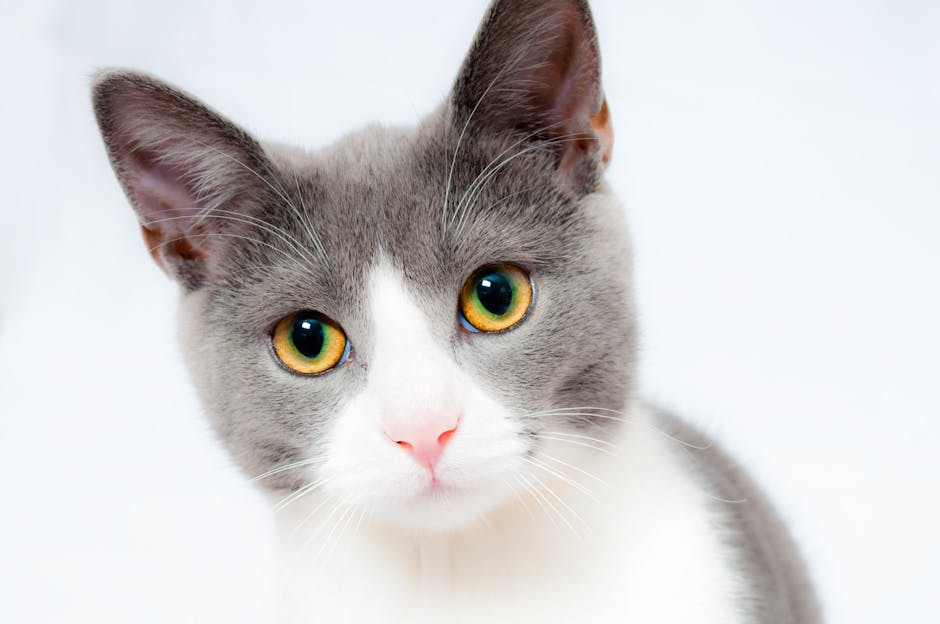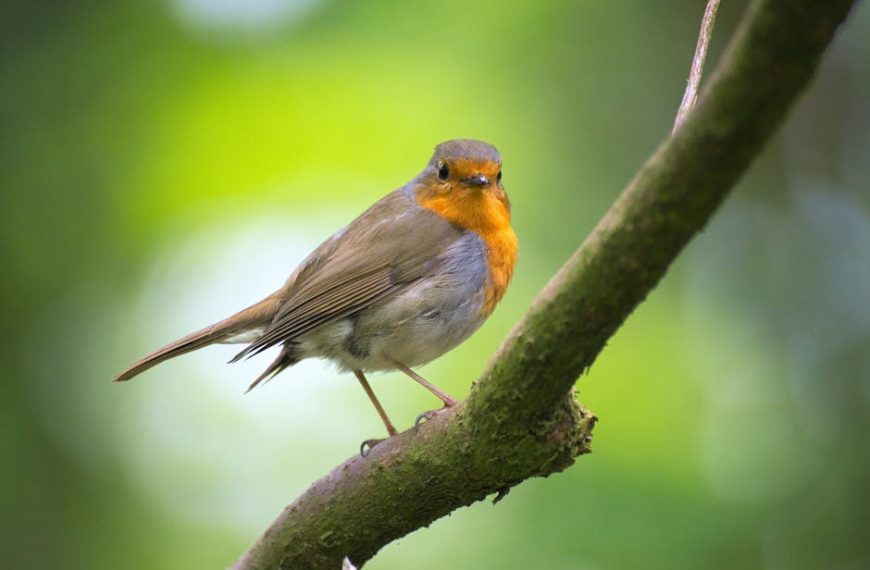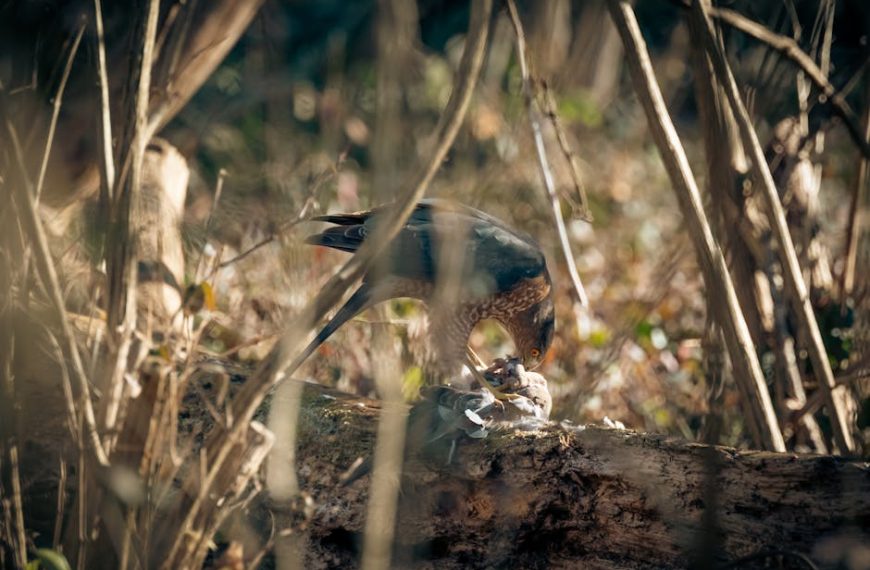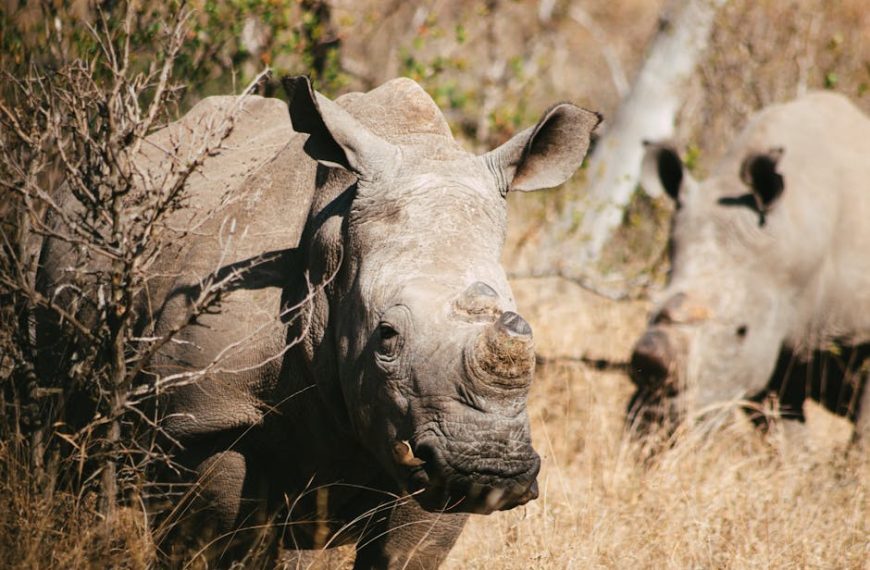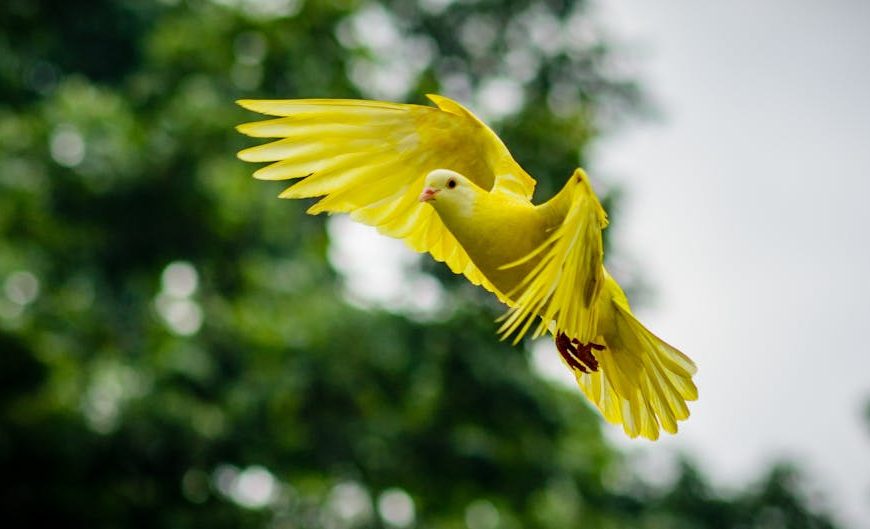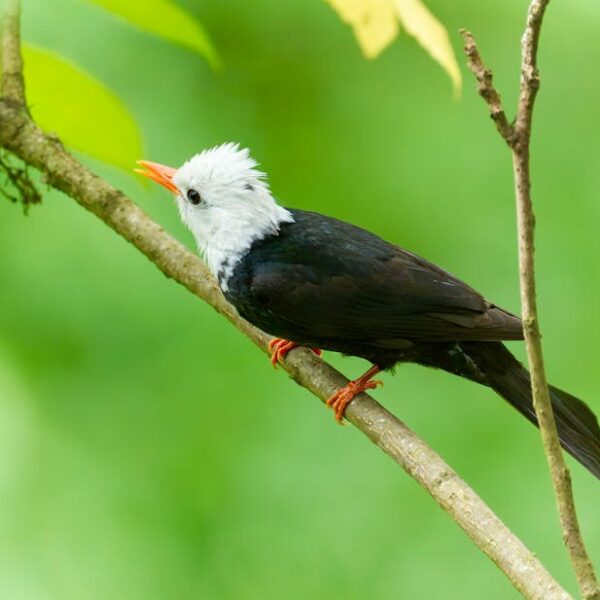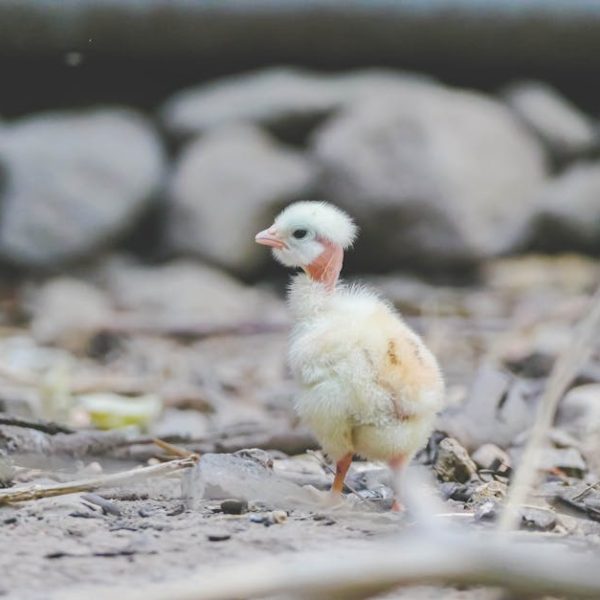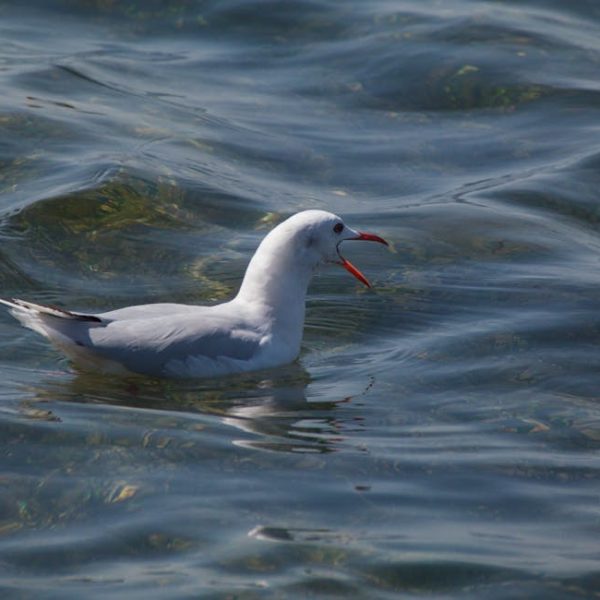Why do cats chase birds? It boils down to the legacy of their wild ancestors. Inheriting a survival skill hardwired into every feline, the humble house cat is a natural-born hunter. But understanding this ancient impulse can lead to better management strategies that balance out a cat’s inherent need to stalk and pounce, while mitigating the impact on local bird populations.
Understanding the Basic Feline Instinct
Despite our best efforts to domesticate them, cats retain intrinsic hunting instincts. Whether it’s a Bengal or a tabby, a kitten batting at a string or an adult cat stalking a mouse, hunting behaviors often manifest as part of their daily routine. Cats are primarily solitary hunters in the wild, and these behaviors translate to our lounging lap pets, regardless of whether they’ve ever had to hunt for their food.
- Pro tip icon: Understanding your cat’s basic instincts can help you cater to their behavioral needs better. For instance, a bored cat may become destructive or aggressive. Incorporating hunting-like games in play can help satisfy their natural inclination to stalk and capture.
- Checklist:
– Watch for typical hunting behaviors: stalking, pouncing, shaking, and ‘killing’
– Note any aggressive play – this could be an outlet for unfulfilled hunting instincts.
The Role of Play in Feline Hunting Activities
Kittens often develop their hunting skills through play, which to the casual observer may seem like harmless fun but serves an essential purpose in feline development. Young felines rehearsing their future roles as hunters will often stalk, chase, and pounce – skills directly applicable to hunting. However, there’s a fine line between healthy play and aggressive behavior.
- Best practices: Provide an assortment of games and toys that satisfy your cat’s hunting instincts without crossing the line into aggression, such as laser pointers, feathered toys, or even a windup mouse. This not only gives them an outlet to express their hunting instincts but also provides mental and physical stimulation.
- Comparison ‘pros and cons’:
– Healthy Play: satisfies hunting instincts, provides exercise, strengthens owner-cat bond, reduces aggression.
– Over-indulged Hunting Behavior: can lead to violent tendencies, may harm local wildlife, risk of injury to the cat.
The Bird-Chasing Phenomena: More Than Just a Play
The ‘bird-chasing phenomenon’ takes cat’s hunting play to the next level. Birds are high-stimuli – they move fast, make sounds, and have feathers, a perfect recipe to provoke a cat’s hunting instincts. The challenge of catching such elusive prey makes the pursuit alluring to cats, often appearing as a thrilling game to our feline companions.
- Lists:
– Birds move unpredictably and at high speeds.
– They produce eye-catching feathers and sounds.
– Birds can take to the skies, adding another layer to the hunting game.
- Pro tip: To redirect your cat’s obsession with birds, substitute real birds with feathered toys, and engage with them in play to mimic the chase.
Overall, understanding cat’s hunting instincts, specifically towards birds, can assist pet owners in providing an environment that caters to these natural impulses in a healthy, safe way. Such understanding proves essential for maintaining the well-being of a pet cat and the local bird population.
How the Predatory Nature of Cats Affects Birds
Cats, being natural predators, do pose a threat to local bird populations, particularly in urban or suburban areas where cats are in close proximity to many different species of birds. In fact, according to a study by the Smithsonian Conservation Biology Institute, free-ranging domestic cats kill 1.3-4.0 billion birds annually in the United States alone, a significant number that could potentially have an impact on conservation efforts.
| Versus | Domestic Cats | Wild Cats |
|---|---|---|
| Hunting Territory | Typically small and shared with humans, leading to a higher likelihood of interaction with birds. | Large, solitary territories that may include less diverse bird populations. |
| Impact on Local Avian Fauna | Significant, due to higher bird population densities in urban and suburban areas. | Minimal, due to a wider spread and larger predators in their territory. |
- Best Practices:
– Set strict boundaries for your cats, especially if you live near areas with plentiful bird life.
– Provide ample indoor stimulation to reduce your cat’s desire to hunt.
– Consider adding bird-safe plants to your yard to create safe zones for birds.
Strategies to Manage Cat’s Hunting Instinct
While outdoor hunting presents dangers for both birds and cats, it’s important to remember that hunting is a part of a cat’s nature. Therefore, curbing their hunting instincts is not about total suppression, but about finding safer alternatives that fulfill this predatory urge.
Checklist:
– Keep your cat indoors at dawn and dusk, as these are hunting prime times.
– Spaying or neutering can reduce hunting behaviors in many cats.
– Use wildlife-friendly garden designs to discourage cats while offering refuge for birds.
Pro Tips:
– Puzzle feeders that require dexterity and challenge can substitute for hunting.
– Regularly swapping out toys can keep play sessions fresh and engaging for your cat.
Remember, managing a cat’s instinctual hunting behavior isn’t about going against their nature. Instead, it’s about redirecting these instincts in a way that keeps them, birds, and other wildlife safe. With understanding and a touch of creativity, it’s possible to keep everyone satisfied and secure.
Key Takeaway:
- Cats’ innate hunting instinct is a significant factor behind their attraction towards birds. This is mainly driven by curiosity, the interactive nature of birds as moving targets, and an instinctual need to hunt.
- Playtime for cats is often a manifestation of their hunting instincts. It is crucial to provide toys and games that satisfy these instincts without stimulating excessive aggression.
- Domestic cats can significantly impact local bird populations, making it important for cat owners to manage their hunting behaviors appropriately.
- Cats’ hunting instincts can be managed without suppressing natural behavior entirely. This can be achieved through boundary settings, providing indoor stimulation, and creating bird-safe areas.
In all, understanding and managing a cat’s natural hunting instinct can ensure a balanced and healthy environment for the cat while protecting the local bird population. Cat owners must remember that it’s not about curtailing their cat’s instincts but about providing a platform for expressing them safely, which contributes towards a happy pet and a thriving bird community.
FAQs
Q: How can I restrict my cat’s interaction with birds without entirely denying their hunting instincts?
A: You can manage this by providing enough indoor stimulation like play sessions, puzzle feeders, and rotating toys. Also, set strict outdoor boundaries, especially in areas with many birds.
Q: What are the potential negative impacts if a cat’s hunting instincts are not managed properly?
A: Unmanaged hunting instincts can lead to aggressive behavior in cats and detrimental impacts on local bird populations. It may also expose your cat to potential risks such as injuries.
Q: Do all cats have the same intensity of hunting instincts?
A: While hunting is instinctual in all felines, the intensity may vary depending on factors like the cat’s breed, age, and individual personality traits.
Q: What are the peak hunting times for cats?
A: Cats are typically more inclined to hunt during dawn and dusk. Therefore, it’s advisable to keep them indoors during these times.
Q: Do neutered or spayed cats still retain their hunting instincts?
A: Yes, but the intensity of their hunting behavior might reduce after spaying or neutering.
We encourage you to share this article with fellow cat owners and explore more posts on our website to better understand and care for your feline friends.
